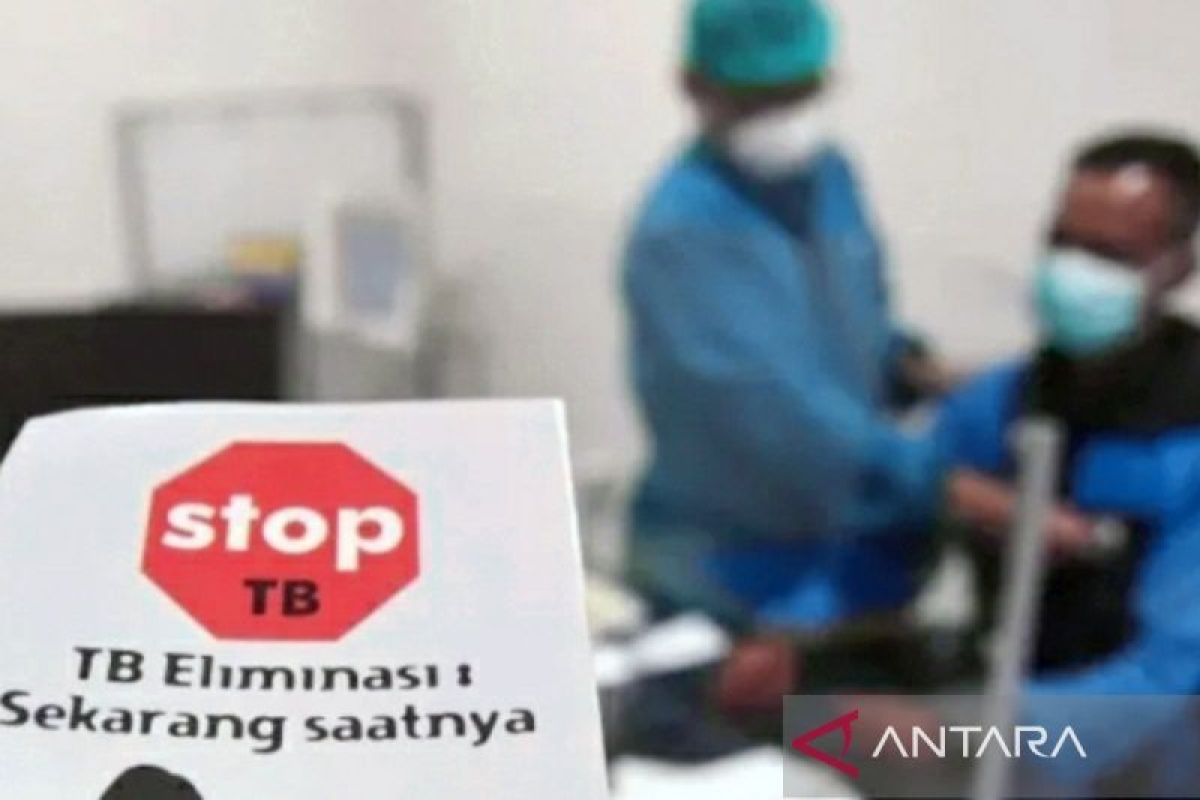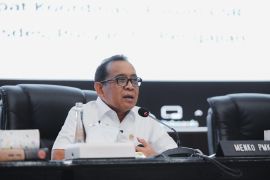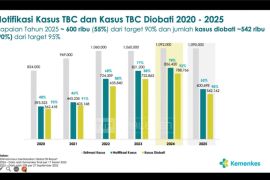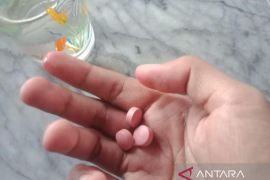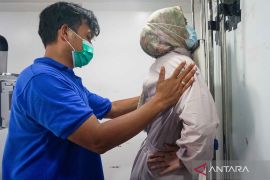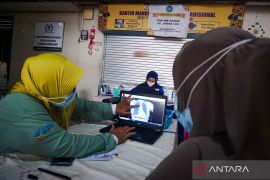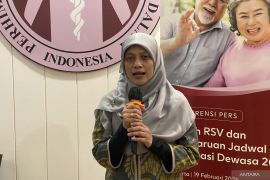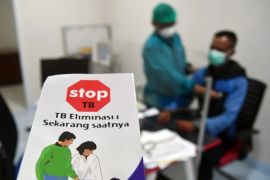Imran Pambudi, Director of Communicable Disease Prevention and Control at the ministry, said that a silent pandemic may occur since the treatment of drug-resistant TB is complex. As there are many drugs that need to be consumed, patients tend to be reluctant about treatment.
"Every day, people (with drug-resistant TB) have to, in quotes, consume one handful of tablets for breakfast. It seems inhumane," he expounded during a webinar on drug-resistant TB treatment, which was broadcast on the YouTube channel of TB Indonesia on Wednesday.
Pambudi said that, for some people, taking that many drugs is a challenge. Moreover, he said, there is the problem of side effects that can arise due to certain reactions to those drugs.
Drug-resistant TB is a type of TB caused by Mycobacterium tuberculosis bacteria, which are resistant to TB medication.
Pambudi noted that 821,000, or 77 percent, of the approximately 1.092 million TB cases in Indonesia were detected in 2023. Meanwhile, of the estimated 28,000 to 30,000 drug-resistant TB cases, only 12,215 cases were detected.
"This is a problem because what has been found is only half of the cases; the others have not been found. Thus, if they transmit it to other people, those who are infected will get drug-resistant TB," he said.
He disclosed that in 2023, the target for treatment of drug-resistant TB in Indonesia was 90 percent, but only 73 percent of TB sufferers underwent treatment.
He added that the drug-resistant TB treatment success target in 2023 was 80 percent, but the actual figure was just 55 percent.
The treatment coverage of drug-resistant TB cases is targeted to reach 95 percent in 2024, Pambudi said.
He said that if drug-resistant TB treatment can be made as simple as possible, then it can be provided at the primary service level, such as community health centers.
He added that there are a number of measures that need to be taken to overcome the problem. First, ensure quality access to health services for people with drug-sensitive TB so that their disease does not evolve into drug-resistant TB.
"Most people have drug-resistant TB because, during the treatment, the drug-sensitive issue has not been resolved," Pambudi explained.
He then listed other essential measures: ensuring access to universal treatment services for drug-resistant TB; increasing management and ownership of drug-resistant TB treatment at all levels; strengthening political commitment; and implementing new drug use guidelines.
He said that as part of the effort to handle drug-resistant TB, his ministry has issued several decrees to expand health services.
Related news: Education vital to eradicate tuberculosis stigma: ministry
Related news: Indonesia shares experience in TB detection, treatment in global forum
Translator: Mecca Yumna, Raka Adji
Editor: Anton Santoso
Copyright © ANTARA 2024
